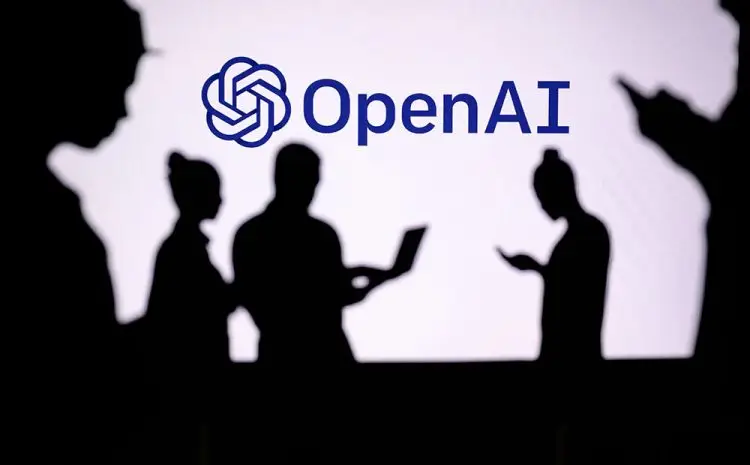FTC opens investigation into OpenAI over consumer risk concerns

Our top story today is that the FTC has opened an investigation into OpenAI over false information and data privacy concerns on ChatGPT. The US regulator sent a 20-page letter to OpenAI requesting information and records in relation to risks to consumers and other regulatory concerns. A key question in the letter related to the company’s approach to addressing “false, disparaging and harmful” statements made by the chatbot about public figures. The data privacy concerns echo an investigation by regulators in Italy where ChatGPT was banned in March over alleged GDPR violations. FTC Chair Lina Khan signalled the regulator’s approach to emerging AI technology in an NYT guest essay in May stating “Although these tools are novel, they are not exempt from existing rules”.
Read more below for a round-up of the other major tech policy stories currently shaping the industry.
The FTC has filed a motion with a US appeals court to pause Microsoft’s acquisition of Activision. The motion filed to the Ninth Circuit Court of Appeals came after the FTC was unsuccessful in an appeal to US District Judge Jacqueline Scott Corley. The UK CMA blocked the deal in April but following the US Court’s decision earlier in the week stated that they would listen to Microsoft’s proposals on resolving their concerns with the $69bn deal. The acquisition is due to be completed on 18th July. If the deal does not proceed, either on the 18th July or following an extension negotiation, Activision would be owed a breakup fee of $3bn.
In an SEC case, a US judge has ruled that Ripple’s XRP tokens are not a security when sold on cryptocurrency exchanges. The SEC filed the lawsuit in December 2020 claiming that Ripple had engaged in the sale of unregistered securities whilst Ripple maintained that its XRP tokens were commodities. Although the ruling found that the tokens were not securities when sold on cryptocurrency exchanges, District Judge Analisa Torres found that when sold directly to sophisticated investors the token does meet the criteria for a security. The decision was based on the three-stage Howey Test, used in the US to establish whether a financial instrument is considered a security. This test will be central to the SEC’s ongoing litigation against Coinbase and Binance.
Twitter has filed a motion with a US Court asking for relief from a 2011 consent order allowing enhanced FTC oversight of data practices. The consent order was reached between Twitter and the FTC in 2011 after two data breaches in 2009. Under the terms of the consent order, Twitter must maintain a “comprehensive information security program” which is independently audited twice a year. In 2022, Twitter paid a $150mn settlement after breaching the FTC Act as well as the terms of the consent order. The motion argues that the FTC has made “unceasing demands” and asks the Court to rule on whether the consent order “is equitable in light of the FTC’s conduct”.
A lawsuit has been filed challenging the TikTok ban at universities in Texas on the basis that it challenges ‘academic freedom’. The lawsuit was filed by The Knight First Amendment Institute on behalf of an advocacy group with researchers at universities in Texas. The ban on TikTok in Texas universities came as a number of states passed similar limited bans on the social media platform. The lawsuit has called for an exemption on use by faculty staff stating that the ban restricts their ability to carry out research on topics such as data privacy and misinformation. The lawsuit follows a wider pattern of litigation challenging the recent TikTok bans.
Reporting by Nick Scott. For a longer read:
Can technology be part of the solution to enhance privacy? By by RAID’s Editorial & Conference Director, Ben Avison.




